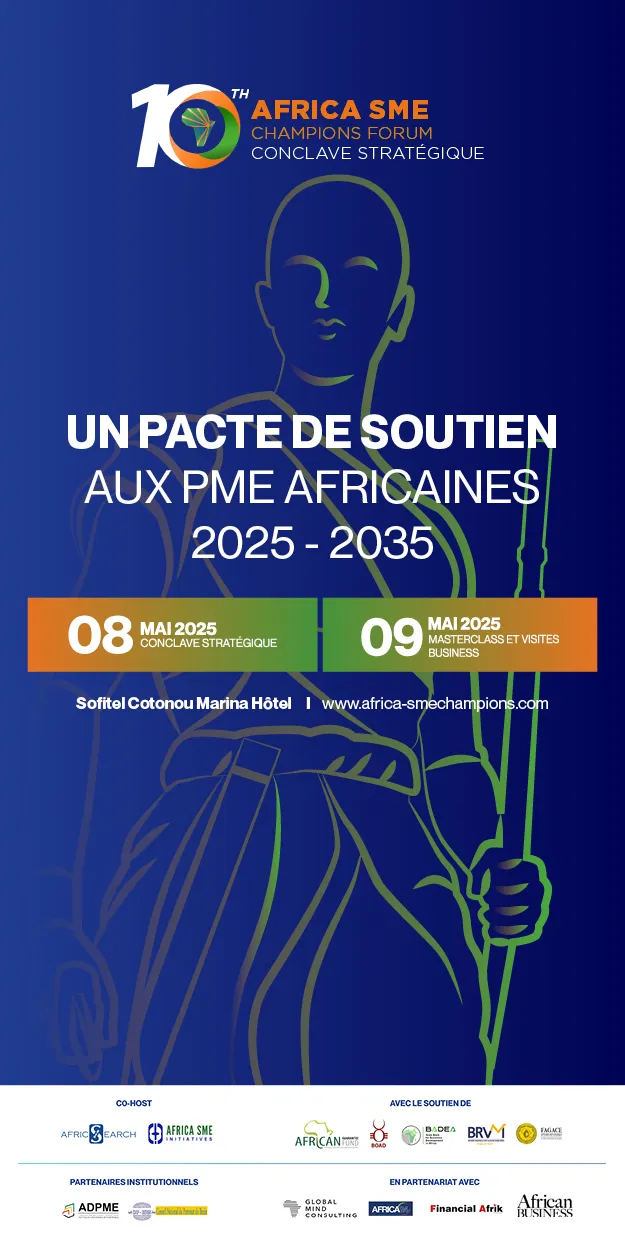An innovative initiative by MasterCard is having a profound effect on the lives of some of the continent’s large pool of the unbanked – especially those on very low incomes or receiving government grants. Tom Nevin has the details.
Lucky George Dlamini is a 66-year-old homeless man whose turf is the northwestern suburbs of Johannesburg. Over the years he has befriended a sprinkling of local residents who help the affable, arthritis-ridden itinerant with a mug of tea and a sandwich and some cast-off clothing.
Lucky is luckier than many in his precarious situation. He receives a monthly government grant of around R1,200 ($120). As a grant recipient, Lucky George has a bank card with which to withdraw funds from his monthly allowance.
Traditionally, to withdraw funds from an ATM, Lucky would have to pay a R1.50 ($0.10) bank charge every time he needs some cash, most often to buy a few groceries. One rand fifty is precious little, but it mounts up if Lucky George visits the ATM 15 times a month, fully aware of Johannesburg’s deadly streets and the folly of carrying too much cash around.
Proposals for tackling the conundrum are emerging and some are making sense like never before.
“MasterCard’s business strategy of creating a world beyond cash by extending the benefits of electronic payments to people who have been financially excluded is especially important in Africa, where less than a quarter of adults have an account with a formal financial institution,” says Michael Miebach, MasterCard’s president for Middle East and Africa.
“Representing the majority of retail transactions conducted in Africa, cash still dominates in many places, with basic debit and prepaid cards, as well as mobile money solutions still showing tremendous growth potential.”
Numerous challenges still need to be addressed to effectively serve the under-banked, and widen access to such financial services as card knowledge and skills.
Connectivity is needed to help deliver these alternative and more robust solutions. Hence the urgency to install and deepen connectivity and payment infrastructure. Other challenges also include the lack of formal identity documentation and the need for improved financial literacy.
“In collaboration with governments, NGOs, and other stakeholders, MasterCard has introduced several financial services programmes and innovative payment solutions,” says Miebach,
“These have made a significant impact in increasing the number of Africa’s banked population, giving millions of people access to financial services for the first time.”
In South Africa, for instance, MasterCard recently celebrated a remarkable milestone as more than 10m previously financially excluded citizens – particularly the most disadvantaged and low-income segments of the population, the previously financially excluded citizens – now receive their grant disbursement payments electronically through an innovative debit card
The initiative, a collaboration with Net1 and Grindrod Bank, moves social benefits from largely cash payments to electronic payments through the rollout of the South African Social Security Agency (SASSA) MasterCard Debit card with biometric functionality.
“Introduced by SASSA, this new biometric grant payment disbursement system needed to minimise fraudulent grant applications and collections,” reports Miebach. “At the same time it had to reduce SASSA’s operational costs and increase financial inclusion in line with the government’s National Development Plan target of 70% financial inclusion.”
“August 2013 marked the conclusion of the re-registration phase of the project, with over 10m people – most of whom previously were unbanked – receiving social grants on a MasterCard Debit card. Through this programme, nearly one fifth of the South African population now benefits from having a formal banking product.”
And as part of the SASSA re-registration process, each recipient has a bank account opened for them, free of monthly charges. The SASSA debit MasterCard card can be used anywhere MasterCard cards are accepted, and grant recipients can make purchases, check their account balances and withdraw cash at till points without incurring transaction charges at selected South African retailers.
According to the FinScope South Africa 2013 Survey, the SASSA MasterCard Debit card was cited as one of the main contributors to growing the country’s banked population from 67% in 2012 to 75% in 2013 – far exceeding government’s financial inclusion targets.
Want to continue reading? Subscribe today.
You've read all your free articles for this month! Subscribe now to enjoy full access to our content.
Digital Monthly
£8.00 / month
Receive full unlimited access to our articles, opinions, podcasts and more.
Digital Yearly
£70.00 / year
Our best value offer - save £26 and gain access to all of our digital content for an entire year!

 Sign in with Google
Sign in with Google 

